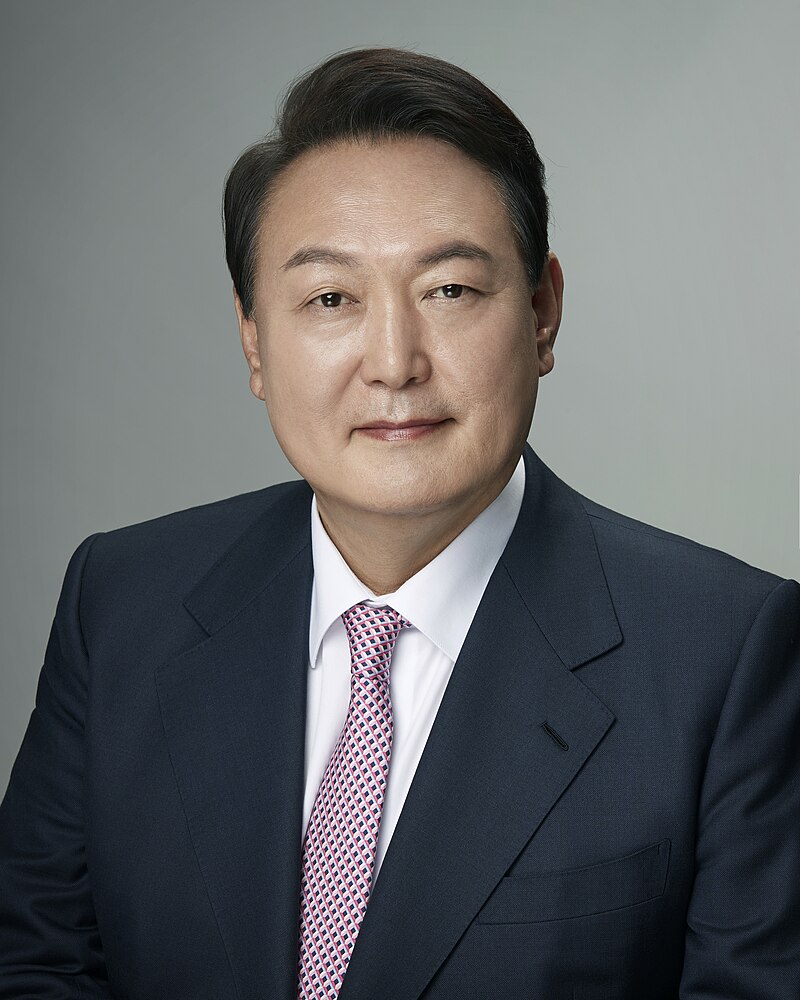
(Photo : Wikimedia)
Jeong Yun Suk
- South Korea and the U.S. have concluded their annual Ulchi Freedom Shield exercise, aimed at bolstering defense readiness against North Korean threats.
- This year's exercise included a scenario simulating a North Korean nuclear attack, marking a significant shift in focus.
- Despite North Korea's condemnation, South Korea and the U.S. maintain that their drills are defensive in nature.
- The successful completion of the exercise demonstrates the allies' commitment to maintaining regional stability and deterring North Korean aggression.
South Korea and the United States have recently concluded their annual Ulchi Freedom Shield (UFS) exercise, a significant move aimed at bolstering their joint defense readiness against evolving North Korean military threats. The 11-day exercise, which began on August 19, was conducted amid persistent concerns over Pyongyang's weapons development and heightened inter-Korean tensions, exacerbated by the North's recent trash balloon campaign.
The UFS exercise, based on an all-out war scenario, was a computer simulation-based command post exercise involving approximately 19,000 South Korean troops, according to the South's Joint Chiefs of Staff. This year, South Korean troops participated in 48 concurrent field training events, such as amphibious landing and live-fire drills, marking an increase from the 38 field events conducted last year.
In a first, this year's exercise included a scenario simulating a North Korean nuclear attack. This marked a significant shift in the exercise's focus, as previous joint military exercises did not incorporate such a scenario.
North Korea's Response and Actions
North Korea, which has often used the allies' joint drills as a pretext for provocations, condemned the UFS exercise as the most offensive and provocative war drills for aggression. However, it refrained from conducting major provocations, such as ballistic missile launches, during this year's drills.
Instead, North Korean leader Kim Jong-un oversaw a test for suicide drones on Saturday, emphasizing the need for the development and production of such weapons to enhance war preparedness. Kim also attended the test launch of a 240mm multiple rocket launcher with a new guidance system, which could potentially put Seoul and its adjacent areas within the target range.
Despite North Korea's condemnation, South Korea and the US maintain that their drills are defensive in nature. This stance is crucial in the context of the ongoing animosity on the Korean Peninsula, with Kim using Russia's war against Ukraine as a distraction while he strengthens his nuclear-armed military and issues verbal threats of conflict toward Washington and Seoul.
Analysts' Take and Historical Context
Analysts suggest that Kim may seek to increase pressure in a U.S. election year as he advances his long-term goals of forcing Washington to accept the idea of the North as a nuclear power and negotiate economic and security concessions from a position of strength.
The recent developments underscore the importance of the UFS exercise in maintaining regional stability. The exercise, which has been conducted annually for several years, is a key component of the South Korea-US alliance's strategy to deter North Korean aggression. The inclusion of a North Korean nuclear attack scenario in this year's exercise reflects the evolving nature of the threat posed by Pyongyang and the allies' commitment to preparing for all possible contingencies.
Historically, the UFS exercise has played a crucial role in strengthening the joint defense readiness of South Korea and the US. The exercise, which involves a significant number of troops and various training events, provides an opportunity for the allies to enhance their interoperability and readiness to respond to potential North Korean provocations.
Despite the evolving nature of the North Korean threat, the allies remain resolute in their defense readiness and their commitment to maintaining peace and stability on the Korean Peninsula. This commitment is not just a response to the current situation, but a long-term strategy to ensure the security of the region.
* This is a contributed article and this content does not necessarily represent the views of btin.co.in









